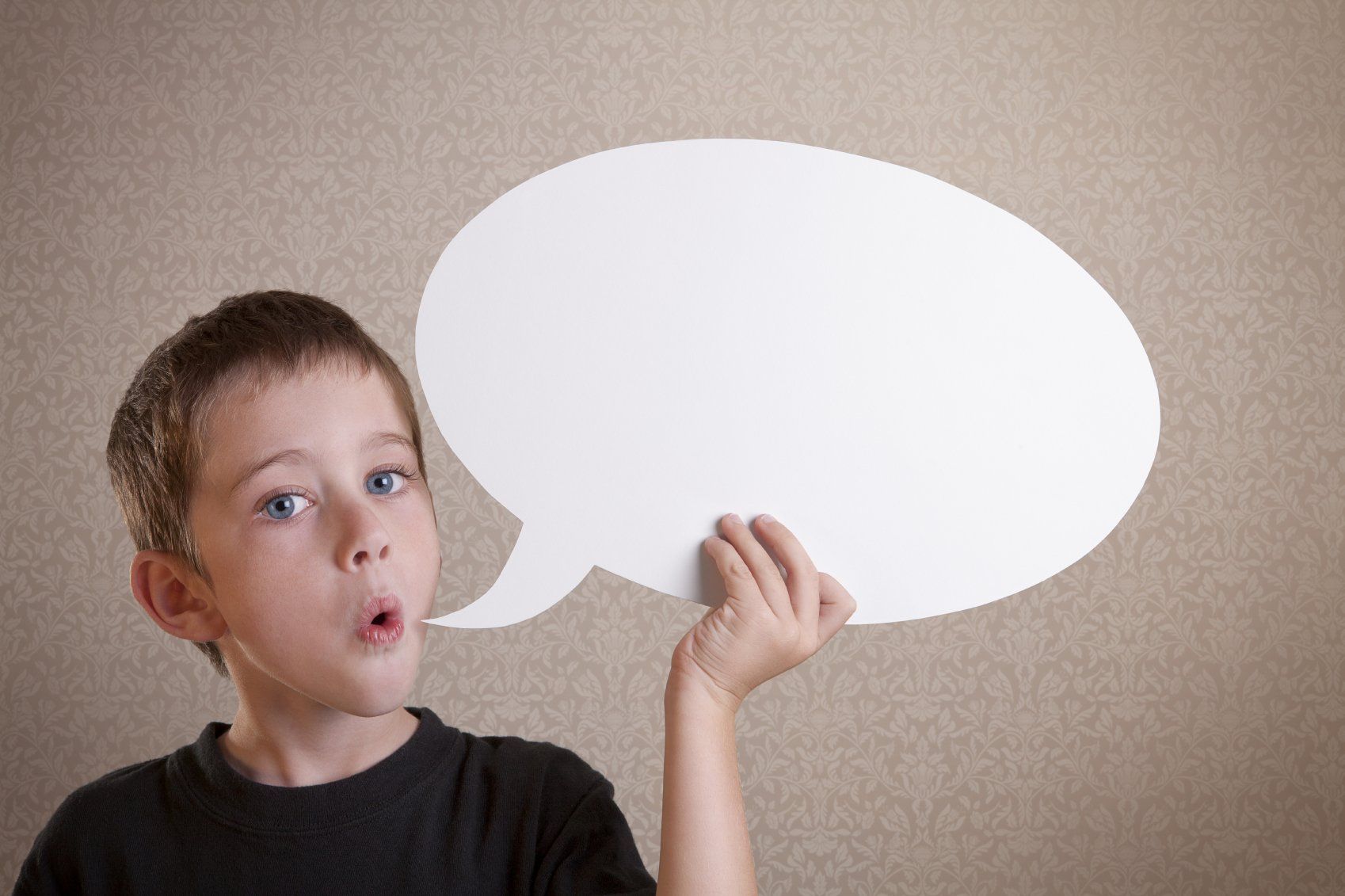GUIDES AND VOICES FOR THE DEVELOPMENT OF A MORE INCLUSIVE EDUCATION
On this page you will find various "Guides", several of them inspired by or having as a source the Index for Inclusion, which are very useful for teaching teams and for counselors who want to collaborate with them when starting and sustaining improvement processes. in some of the many areas that make up a more inclusive education. Such processes always go through recurrent phases in which the teaching teams have to ask themselves: What values mobilize us? Where are we in relation to its realization in our cultures, policies and practices? What initiative can we initiate and sustain over time? Where have we arrived? and so on in a series of continuous and recurrent cycles of evaluation, reflection and action. You will also find works that have analyzed these and other guides, showing their strengths and their respective use values. Along with the outlined guides, a section is also included to know and know how to put into practice the right of all boys and girls to be heard, to have their voice heard in matters that concern them (and see if it concerns them! educational action!), and to participate in the decisions that affect them.
WORKS THAT ANALYZE SOME OF THE GUIDES FOR INCLUSIVE EDUCATION AND TEXTS ON THE SUBJECT RELATIVE TO LISTENING TO THE VOICE OF STUDENTS AS A STRATEGY FOR IMPROVEMENT AND INNOVATION































